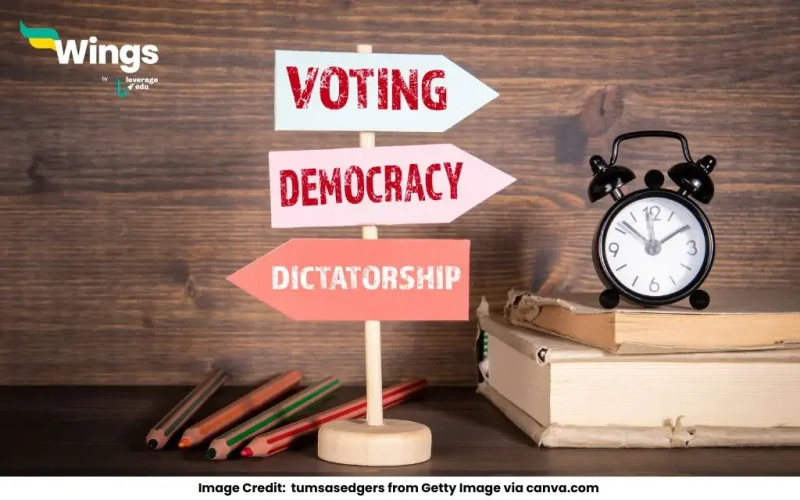A republic is a form of government where power rests with the people and their elected representatives, rather than a monarch or a dictator. In a republic, citizens elect officials to represent their interests and make decisions on their behalf. The foundation of a republic lies in the principle of popular sovereignty, meaning that ultimate authority comes from the people, not a single ruler or class.
Definition of a Republic
A republic, by definition, is a state in which the supreme power lies in the hands of the people and their elected representatives. Unlike monarchies, where power is typically inherited, a republic is characterized by regular elections and a system of checks and balances designed to prevent any one branch of government from becoming too powerful. Republics can take different forms, including presidential, parliamentary, or federal systems, but they all share the core idea of elected governance and the rule of law.
History of the Republic
The concept of a republic dates back to ancient civilizations. The earliest example of a republic was the Roman Republic (509-27 BC), which was a model for later republics. In Rome, power was shared between elected consuls, a Senate, and assemblies representing the citizens. The fall of the Roman Republic marked the rise of imperial rule under Julius Caesar and later emperors.
The idea of republicanism gained significant momentum during the Renaissance and the Enlightenment periods. Philosophers like John Locke and Montesquieu influenced modern political thought with their ideas about individual rights and separation of powers. These ideas played a crucial role in shaping the development of republics in the 18th and 19th centuries.
The American Revolution of 1776 and the French Revolution of 1789 are landmark events that solidified the notion of republics. In the United States, the founding fathers established a republic through the U.S. Constitution, creating a system of government where elected representatives hold power for defined terms. This set a global precedent for the rise of republics across the world, especially as nations sought to escape monarchic and colonial rule.
The Significance and History of Indian Republic Day
In India, Republic Day holds special significance. Celebrated annually on January 26th, Republic Day marks the adoption of the Indian Constitution in 1950, making India a republic. While India gained independence from British rule on August 15, 1947, it wasn’t until January 26, 1950, that India officially became a republic with a democratic government. This date was chosen to honor the declaration of Purna Swaraj (Complete Independence) made by the Indian National Congress in 1930, symbolizing India’s commitment to self-rule and governance by its people.
On Republic Day, India’s citizens celebrate with grand parades, cultural events, and the ceremonial hoisting of the national flag. The day is a reminder of the nation’s transition from colonial rule to self-governance, and the role of the Indian Constitution in ensuring the rights and freedoms of the people.
Fun Facts About Republics
- Republics and Democracy: While all republics are democratic, not all democracies are republics. A republic typically emphasizes the rule of law, where a constitution or set of laws governs the country, unlike pure democracies where majority rule may sometimes override individual rights.
- Elected Leadership: Republics have elected leaders, often a president, who serve fixed terms. These leaders are accountable to the people and can be removed through elections or impeachment.
- Examples of Republics: Today, many countries are republics, including the United States, France, India, Brazil, and South Africa. Each has its own version of a republic, shaped by local culture, history, and political philosophy.
- Republic vs. Monarchy: The key distinction between a republic and a monarchy is that a republic has no monarch. In a republic, political power is vested in the people or elected representatives, while monarchies are headed by a king, queen, or emperor who typically inherits their position.
In conclusion, a republic is a system of government in which the people have the power to elect representatives and make decisions through their representatives. It has a rich historical legacy that continues to influence modern governance worldwide. Whether through the U.S. Constitution, the French Revolution, or India’s adoption of its Constitution on Republic Day, republics remain a vital force in global politics.
Common Doubts


 One app for all your study abroad needs
One app for all your study abroad needs











 60,000+ students trusted us with their dreams. Take the first step today!
60,000+ students trusted us with their dreams. Take the first step today!